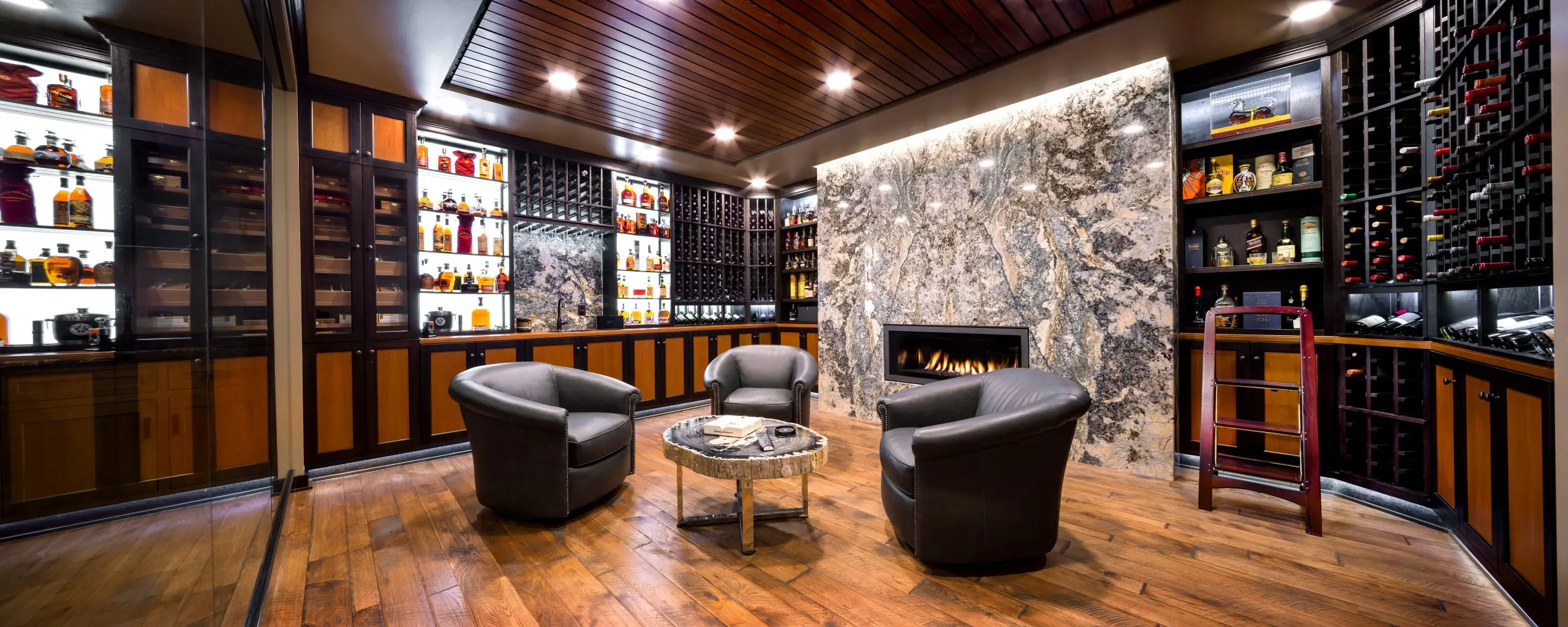

How do I store cigars for a short-term period if I don’t own a humidor?
We'd like you to know more about Vigilant as a company. Here are answers to some of the questions we're commonly asked. If you would like more information, call us on 888-812-4427, email us at: [email protected] or submit your question or feedback on our support form and we'll be happy to answer your questions.
How do I store cigars for a short-term period if I don’t own a humidor?
Try keeping the cigar(s) in a Ziploc bag. If it gets a little dry, add a couple drops of water to a very small piece of paper towel to get the humidity back. If it’s a box you’re storing, use Tupperware.
Do all cigars like the same conditions?
Generally, the 70/70 rule (70 degrees/70% RH) will apply to most cigars. However, we’ve noticed over the years that not all cigars like the same conditions, probably because of the wide variety of tobacco leaves and rolling techniques employed by different cigar manufacturers. For instance, while most of the cigars in our office are perfect at 70/70, Hoyo de Monterey (Cuban), Partagas (Cuban) and Macanudo (Jamaica) cigars feel and smoke dry at these levels and seem to like it better with the humidity at 72% RH. We keep these types of cigars in an area of our cigar cabinet where the humidity is slightly higher. Tastes vary. You should keep the cigars at the level you desire as long as it doesn’t impair proper aging.
What are the ideal conditions for cigar storage?
Cigars are affected by light, temperature, humidity, and friction. Cigars should never be exposed to ultraviolet light (especially directly). Light will bleach the cigar wrapper, making it less elastic and more likely to tear or rip. Ultraviolet light also changes the molecular composition of the wrapper leaf in a rolled cigar. Direct light will also likely raise the temperature in your humidor. Temperature is an important factor in cigar storage for two reasons: it affects humidity, and higher temperatures may make tobacco beetles active, allowing them to devour your cigars. Try to avoid temperatures above 75 degrees F in your humidor. (See below for more information on this dreaded pest.) Humidity is relative to temperature, thus the term “relative humidity” (RH). Most people prefer their cigars at about 70% RH, however your cigars will not be harmed at levels ranging from 65% to 75% RH. Warm air has a higher moisture capacity than cold air. All hygrometers measure the moisture content of the air at a given temperature. If you change the temperature in an enclosed space without changing the amount of moisture, the RH will change. For example, in the morning the hygrometer in your humidor indicates 70% (if it is a round, brass analog unit it could actually be between 60% and 80%) and the room temperature is about 72 degrees. As the day progresses, the temperature in the room rises to 80 degrees. If your humidor follows the room temperature, you will see that the hygrometer will indicate that the relative humidity has dropped to about 60%. Where did the moisture go? It didn’t go away, rather, the elevated temperature has changed one of the criteria (temperature and humidity) that the hygrometer uses to indicate the Relative Humidity. The actual humidity or moisture content on your humidor is unchanged. Friction will cause more damage to cigars than most of the other factors. For proof, just take a close look at some of the loose cigars in the walk-in humidor of your tobacconist. When loose cigars are moved, they can become scuffed, rubbed and jostled so that the wrapper tears. Once a tear starts, it’s hard to stop, however there are several vegetable-based adhesives on the market that will allow you to repair small wrapper tears.
How long will cigars last if properly cared for?
Cigars are biodegradable and won’t last forever, although we’ve all heard the stories about the 100-year-old cigars.
Unless you’re planning to leave your precious collection to an heir, this shouldn’t be an issue for you. Cigars, if properly cared for, will last for a long time and will actually improve with age. Our informal poll of tobacconists and discerning cigar smokers says that cigars generally get better with age for at least 5 to 10 years. After 10 years, assuming ideal conditions, the cigars won’t get any better or worse. After 15 years, many cigars begin to lose some of the intensity of flavor, but that isn’t always bad. While a mild cigar will probably lose character, a cigar that may have been too strong for your tastes years before may, with time, mellow and soften to your liking.
